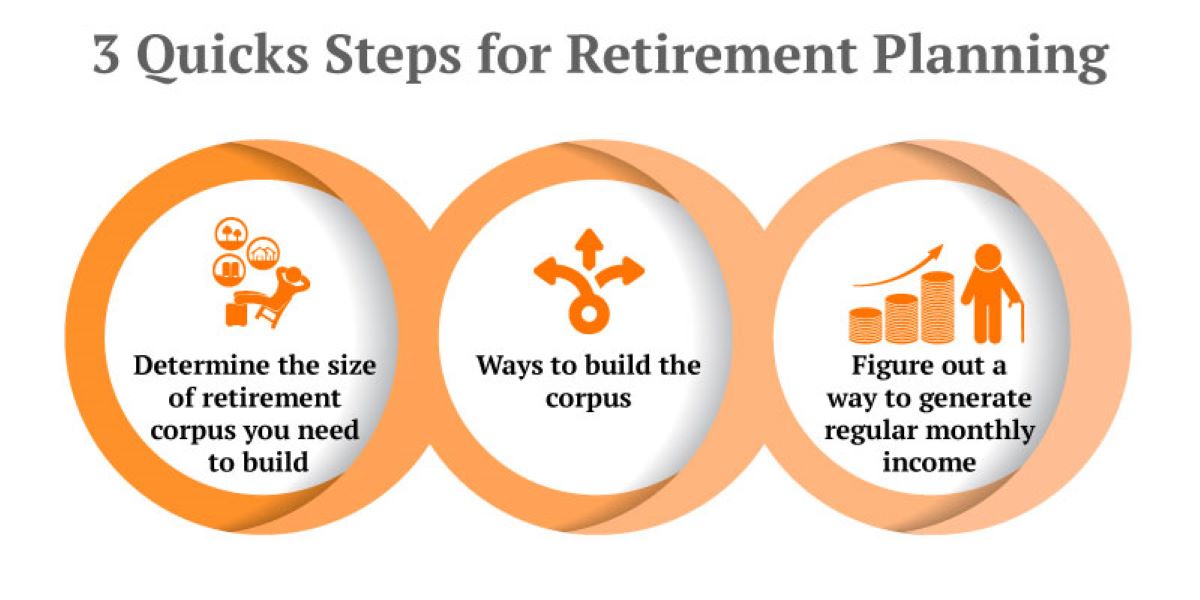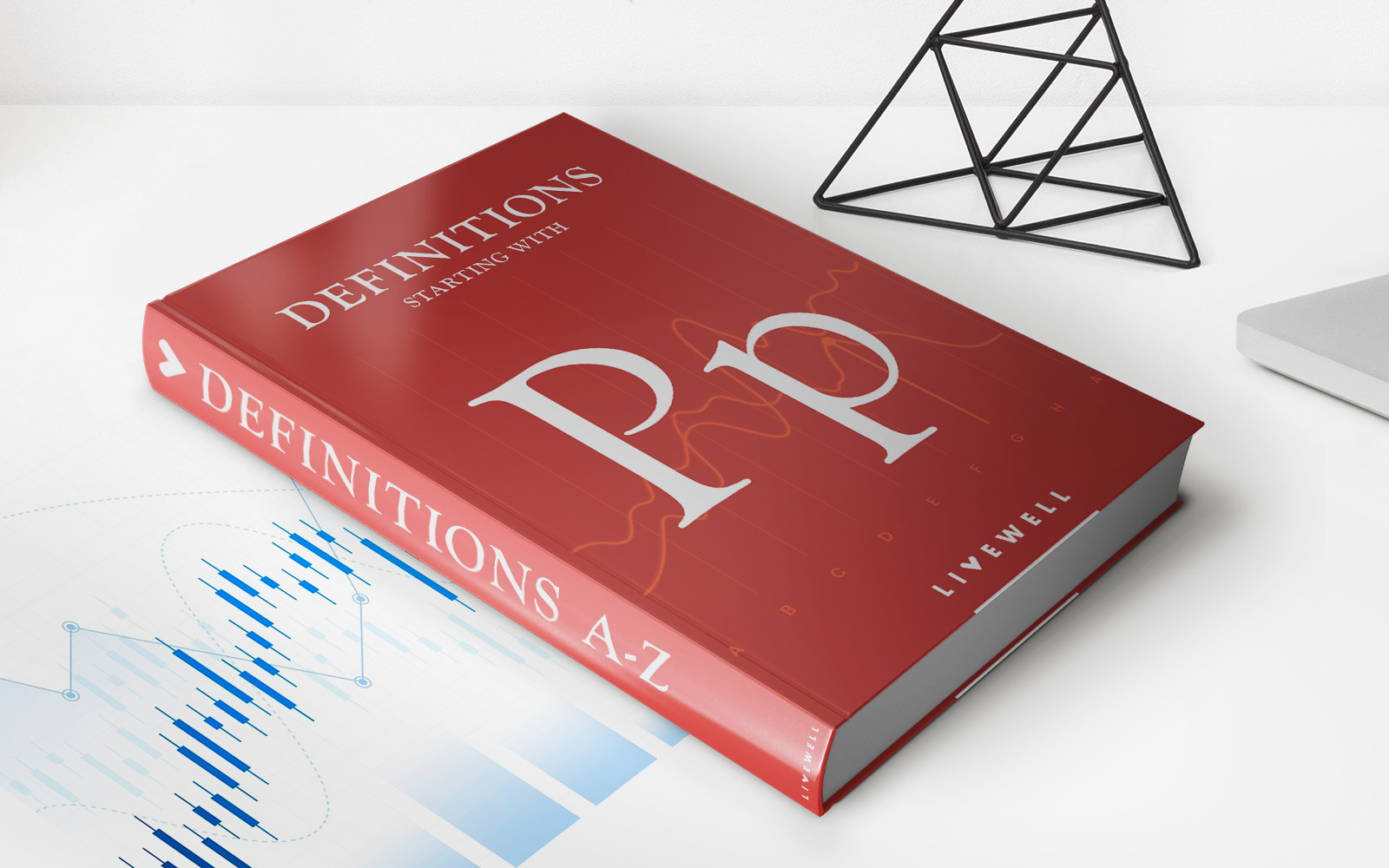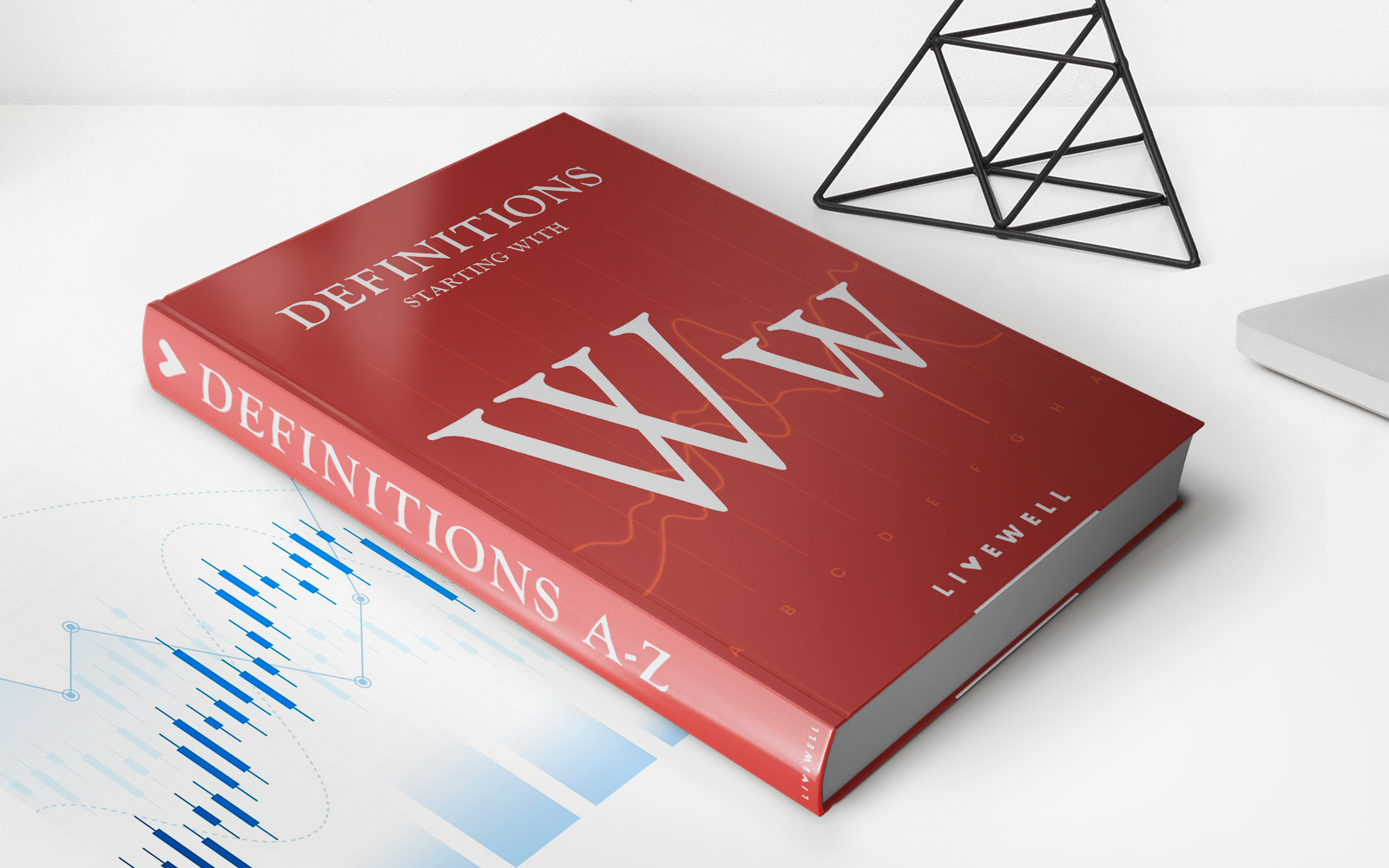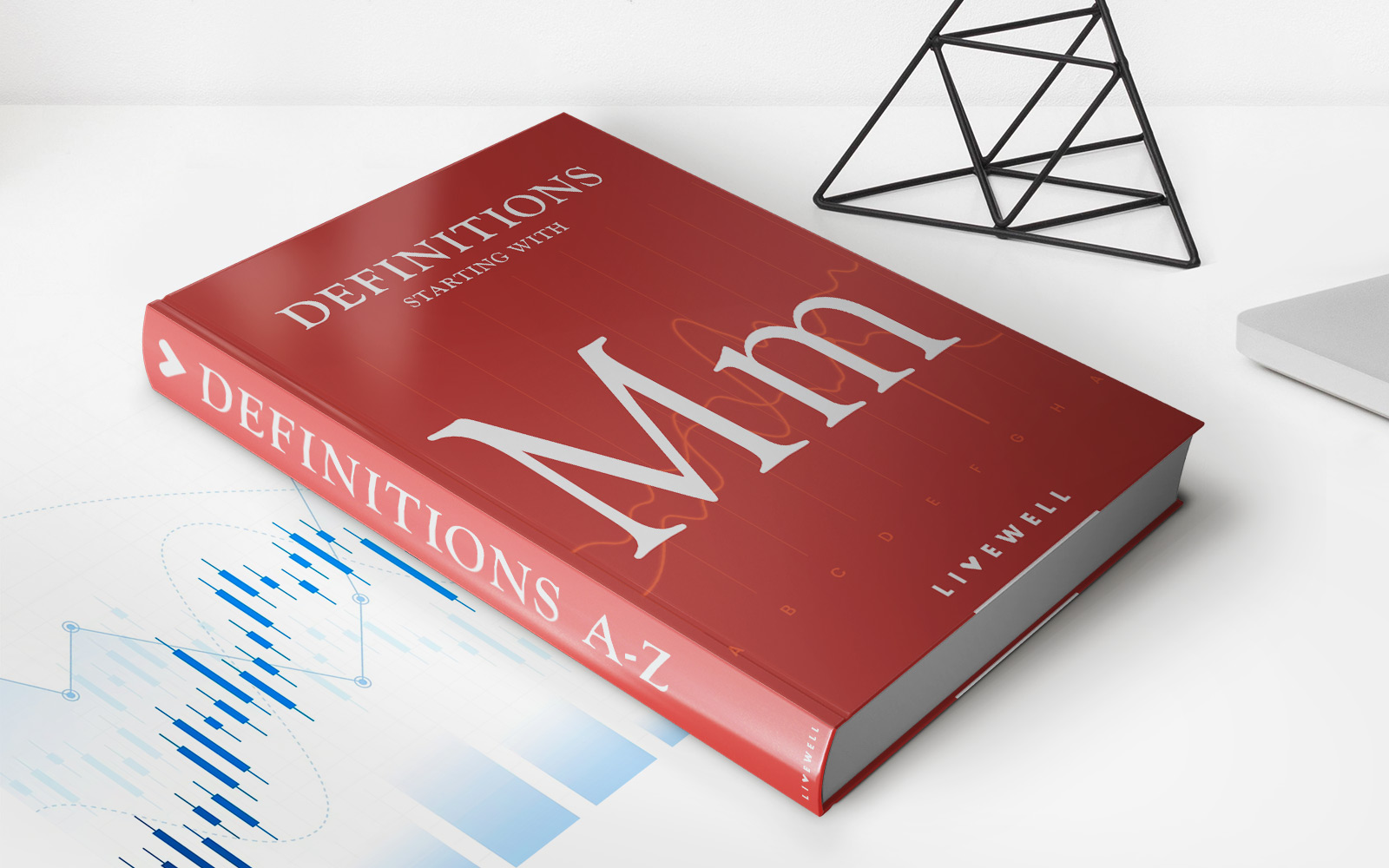

Finance
Corporate Pension Plan Definition
Published: November 3, 2023
Learn the definition of a corporate pension plan and its importance in finance. Discover how it helps businesses provide retirement benefits to their employees and manage financial resources effectively.
(Many of the links in this article redirect to a specific reviewed product. Your purchase of these products through affiliate links helps to generate commission for LiveWell, at no extra cost. Learn more)
Understanding Corporate Pension Plans: What You Need to Know
Finance can be a complex and often intimidating subject, but it doesn’t have to be. In this blog post, we’ll demystify one particular aspect of finance – Corporate Pension Plans. Whether you’re an employee who wants to know more about the benefits you’re entitled to or a business owner considering offering a pension plan to your employees, this article is here to provide you with a clear and concise definition of Corporate Pension Plans.
Key Takeaways:
- Corporate Pension Plans are retirement benefit plans sponsored by employers for their employees.
- These plans ensure that employees receive regular income after they retire, based on a formula that takes into account their years of service and salary.
So, what exactly is a Corporate Pension Plan? Simply put, it is a retirement benefit plan offered by companies to their employees. The purpose of these plans is to provide employees with a source of income during their retirement years. This income is typically based on a formula that takes into account factors such as the employee’s years of service and their salary. The idea is to provide financial security and peace of mind for employees as they transition out of the workforce.
There are different types of pension plans, but the most common ones are defined benefit plans and defined contribution plans. A defined benefit plan guarantees a specific retirement income to employees based on a predetermined formula, while a defined contribution plan allows employees and/or employers to contribute to an individual account, with the final retirement benefit depending on the contributions made and investment returns.
Corporate Pension Plans offer several benefits to both employees and employers:
For Employees:
- Financial security: Having a Corporate Pension Plan ensures that employees will have a steady stream of income during their retirement years.
- Employer contributions: In most cases, employers also contribute to the pension plan, increasing the overall retirement savings of employees.
- Tax advantages: Contributions made to the pension plan are often tax-deductible, providing employees with additional financial benefits.
For Employers:
- Talent attraction and retention: Offering a Corporate Pension Plan can be a valuable tool in attracting and retaining top talent, as employees value the financial security provided by such plans.
- Tax advantages: Employers can also benefit from tax advantages by contributing to the pension plan.
- Employee loyalty: Providing employees with a pension plan fosters loyalty and commitment, leading to a more engaged workforce.
It’s important to note that in recent years, many companies have moved away from traditional pension plans in favor of other retirement savings options, such as 401(k) plans. However, corporate pension plans still remain a popular choice for certain industries and government entities.
In conclusion, Corporate Pension Plans are retirement benefit plans sponsored by employers that provide employees with regular income during their retirement years. They offer financial security, tax advantages, and can be a powerful tool for attracting and retaining top talent. Whether you’re an employee or an employer, understanding these plans can help you make informed decisions about your financial future.














